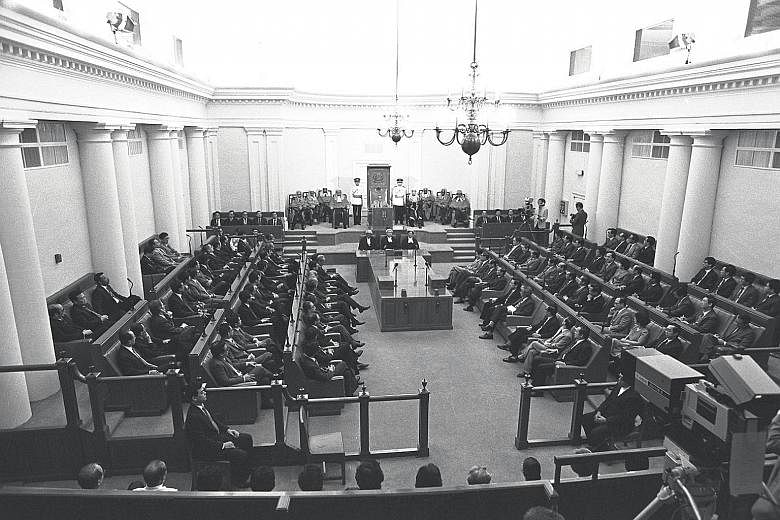Singapore's political system must be refreshed from time to time as circumstances change, President Tony Tan Keng Yam said on Jan 15 as he announced that the Government will study it for possible reforms.
No details were given in the President's speech about the review, but ministers and MPs may touch on the topic in this week's debate on his address.
What changes might be in store?
If it is a tweak, then perhaps it will be to the Non-Constituency MP and Nominated MP schemes, which debuted in 1984 and 1990, respectively, and have been expanded gradually over the years.
But if it is to be an overhaul, an obvious potential change is to the office of the elected president.
It has been 25 years since the president started being chosen via an election instead of being appointed by Parliament, in the last major overhaul of the political system.
To be sure, the system has been continually refined, such as having MPs be elected in teams in group representation constituencies.
But even smaller tweaks, such as the introduction of the Cooling-off Day in the 2011 General Election, are a re-engineering of sorts, to keep up with the heat of debates online.
But the political climate of 2016 is very different from that of 2011.
While the People's Action Party suffered a 6.5 percentage point swing in votes against it in GE 2011, GE 2015 gave the party its strongest mandate since 2001 - 69.9 per cent of the vote.
On the review's timing, political watcher Eugene Tan said: "It's the Government's way of seeking to manage the pace of political change, rather than have that pace dictated to it.
"It seeks to pre-empt criticisms that the political system is long overdue for a review."



